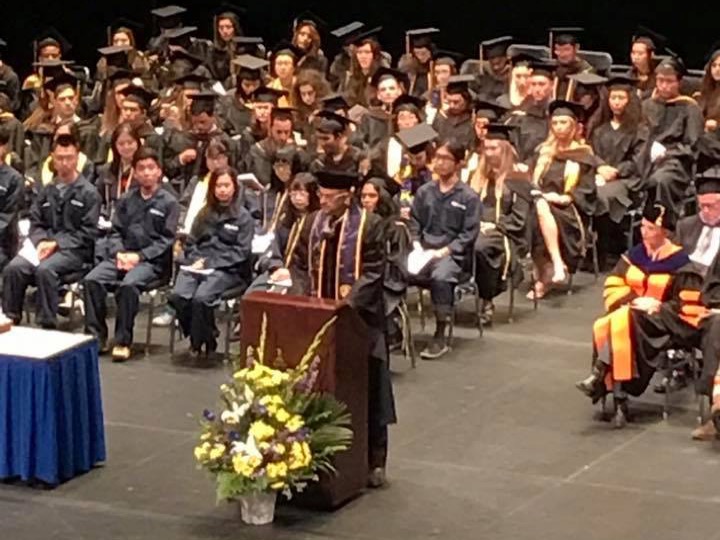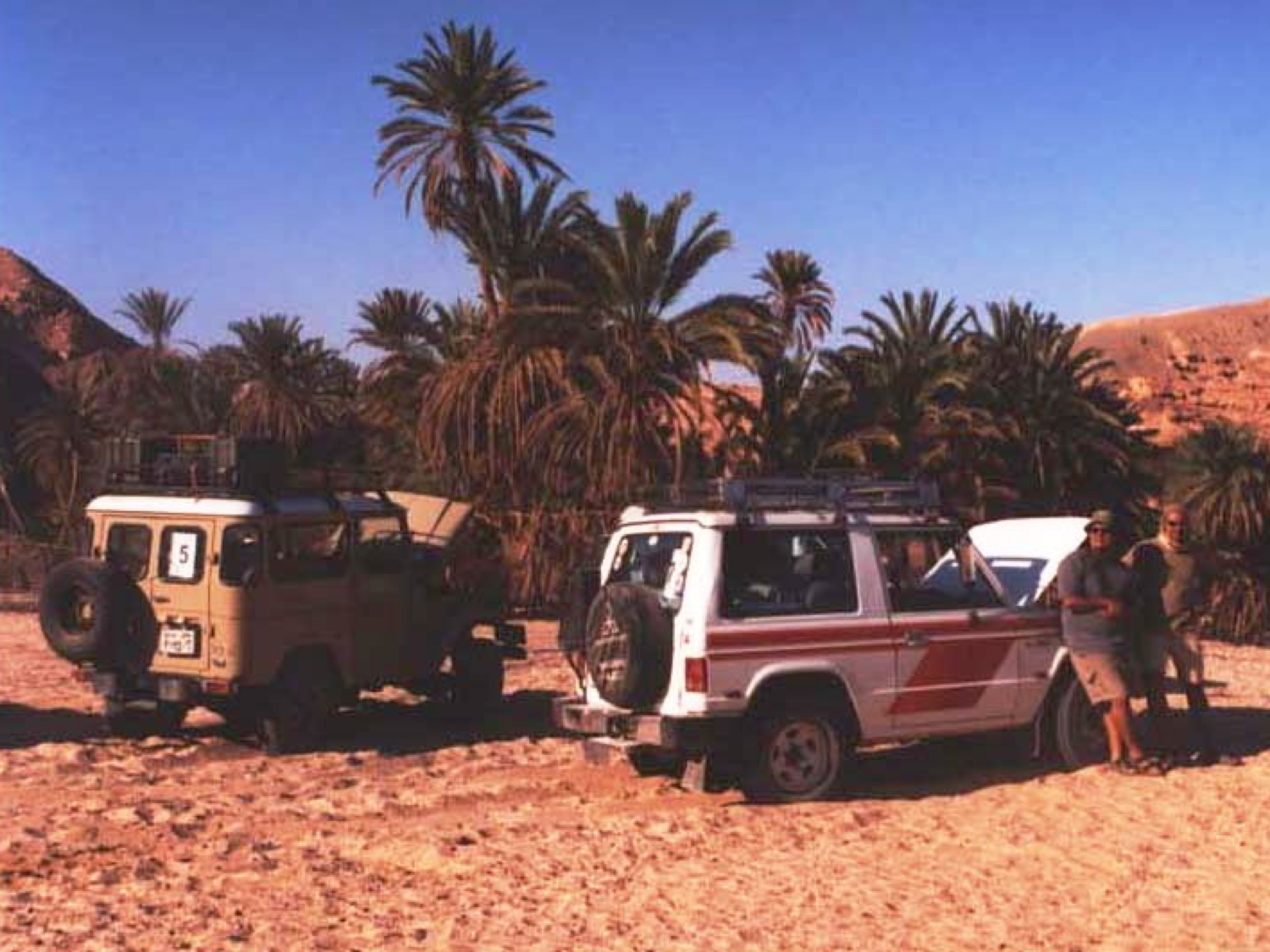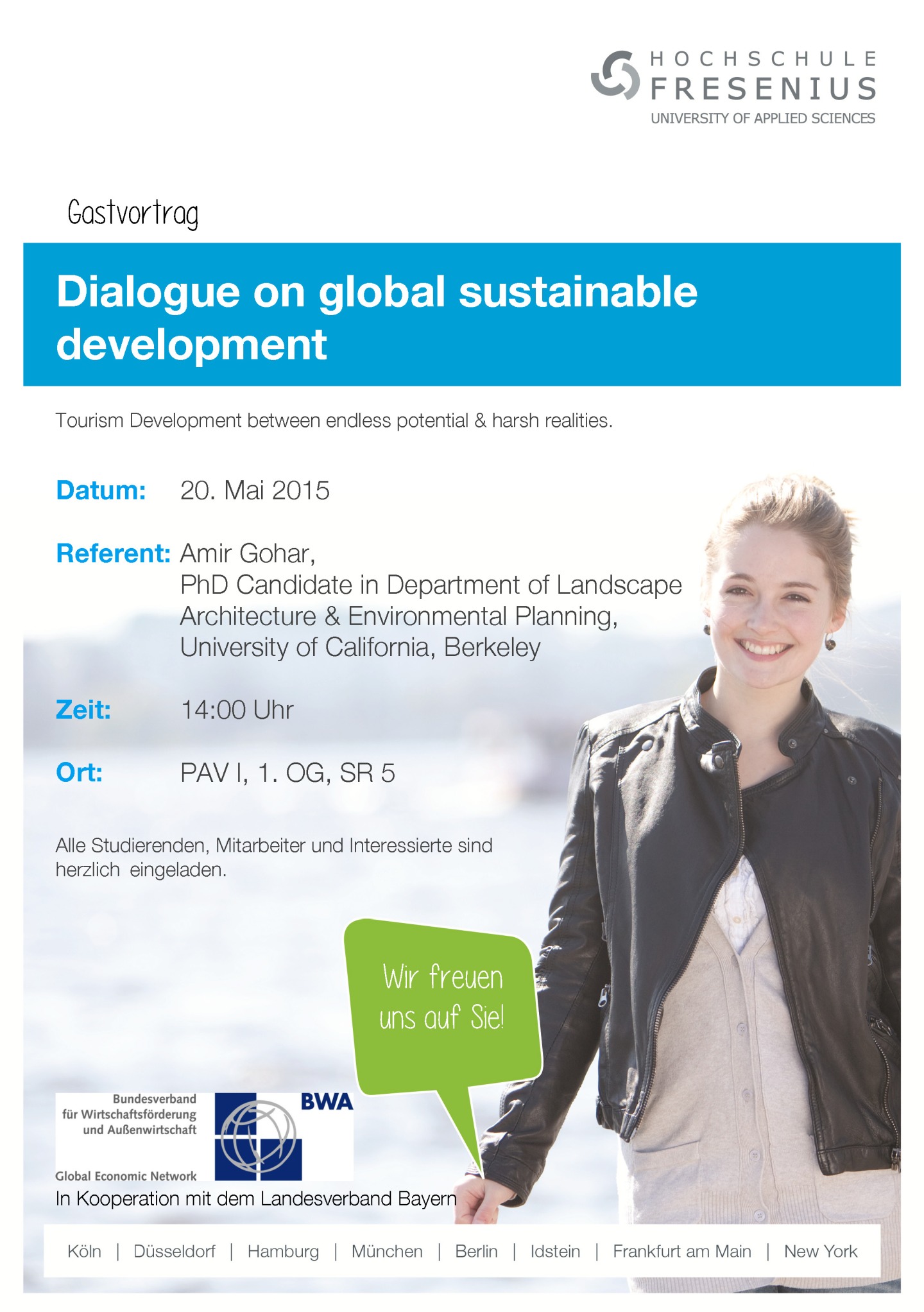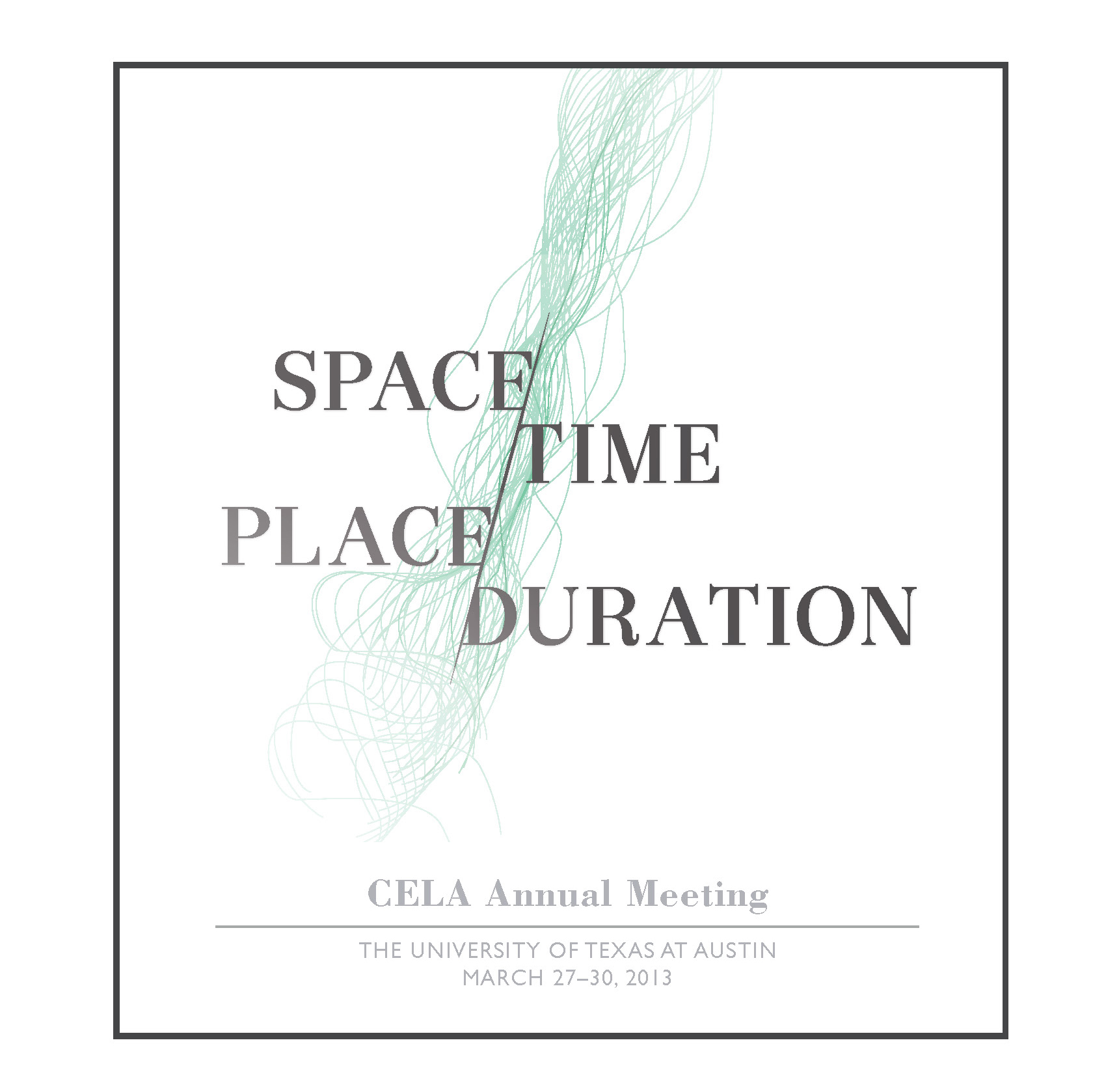INTRODUCTION
It is a great honor for me to stand here today and address my fellow graduates, parents, faculty, staff and distinguished guests. The one who was eager to be with me in this moment today is my father who passed away a few months back. But I am grateful for my two daughters Mariam & Hajar who were my source of inspiration, strength and courage through this journey.
PAST
I came to Berkeley after fourteen years of professional practice in which I directed projects scaled from detailed design to master plans to regional landscape planning. These projects spanned a wide array of countries, contexts, climates, and design challenges. Whether in open landscapes, historic city centers or informal built environments, I have always strived to develop the built environment in harmony with nature and culture.
Through this span of professional involvement, I came to realize the need to deepen my knowledge and understanding of many phenomena.
While many of my peers see their time in Berkeley as a life changing experience. I see it as a solid continuation of a journey I began before arriving here. At an early stage of my childhood I was allowed the opportunity to question things critically, my father encouraged me to question God and seek the truth. In Cairo University, my professor Yousry Hassan encouraged me to question my professors and their evaluation of my project, at Oxford Brookes, I questioned theories in books and urban software applications; at Erasmus University in the Netherlands I learned to question government policies and their feasibility. So I have been privileged to have such opportunities at an earlier stage of my life. At Berkeley, I learned all that again in depth, but even more importantly I began to question my own self, the extent of my knowledge and my ability to see the bigger picture.
PRESENT
Berkeley didn’t completely transform me and didn’t alter my path – but it deepened my knowledge, my understanding and strengthened my conviction that I must continue my efforts to empower people and, at the same time, protect natural and cultural environments and their resources.
I knew that Berkeley was special before I arrived here, but maybe I didn’t realize to what extent. In my life, I have been engaged in a wide array of academic activities from small seminars to large workshops, students exchange programs, and many leadership programs with academic institutions in Europe, Africa and the US. These ranged from very distinguished, worldwide universities to very modest ones in less privileged communities. Regardless of ranking, I have encountered excellent academics and scholars in all those areas. My experience with my own committee and other faculty in my department and the college made me appreciate the need to ask the right questions and think more broadly than my own discipline. I also received support from my department’s staff well beyond any I had received from public institutions previously in my life. All these factors make Berkeley, at least in my own eyes, an amazing institution.
FUTURE
1. I stand with you today looking into the future in which the challenges ahead of us are complex and multi-dimensional. Throughout our practice we may encounter opportunities that allow us to make a large contribution, improve policies, and design better spaces for people. We must seize these opportunities and integrate effectively with other disciplines to ensure a sustainable future for the coming generations.
2. Having said that, it is crucial to understand our real-life clients and how to serve them through our practices. Although we are experts in the built environment arena, we must realize that we are not the only ones who shape this built environment. For example:
- I have witnessed distinguished architects who craft buildings shaped (only) by security standards & safety regulations (i.e. embassy buildings)
- I have witnessed urban development within reputable international organizations that identify locations of new cities based on preferences of politicians and ignorant sector leaders
- I have witnessed landscape architects who base their designs on the interests of businessmen rather than on environmental conditions such as water scarcity
- I have witnessed urban designers who copy designs from other projects and paste them onto floodplains without considering the locality of the new site
- I have witnessed mega-chain restaurants powerful enough to open on any corner in any street without giving much, if any, consideration to local land use, architecture style or the cultural landscape
So we may design & plan the built environment but we are not alone in shaping its final form.
3. Changing the world requires education to be coupled with good morals. I have encountered people with education but without morals. And they are not necessarily successful beyond their careers. Education with morals makes one a better family member, a better parent, a better neighbor, a better community member, a better citizen and a better voter. Here in Berkeley we have been very fortunate to have this morality-based education and we must play the roles designated for us to make the world a better place and be patient with those who are less fortunate as we cooperate with them too. For international students I say we must be grateful for the opportunity given to us, and for local students, keep striving for more rights, freedom, resources, innovations and more… but be appreciative of the level of freedom provided in Berkeley. It’s not equally practiced in other universities across the globe.
4. For my peers here in the room, if you are pursuing an academic or professional career, do not let the narrative that often divides theory from practice prevail. Separating both is what got the world in trouble in the 1st place. So be proud that you are rooted in theory and mastering your profession as an applied discipline. Don’t allow the traditional narrative negatively frame you as (academic) or as a (nerd). Embrace that you are changing people’s lives through your teaching and shaping the world through your students.
5. Knowledge is responsibility towards ourselves, our society and our planet, therefore, we must not leave others behind. We walk out of here with new ideas, concepts and deeper knowledge. We will navigate our path in life and may encounter those who have not been equally fortunate. It is our responsibility to spread the knowledge we acquire through our journey from Berkeley and listen to the knowledge of others in a continuous cycle of learning.
I would like to leave you with 5 takeaways:
- Future challenges are shared and we must face them together
- We are not alone in shaping the built environment so be sure you are on the right side of such a process
- Strive to reach your full potential but remember that education must be coupled with good morals
- Let’s not separate academia from practice (being nerd is cool)
- Knowledge is responsibility so we should transfer it to others and it must not be separated from our daily practices.
So let’s go and change the world!
Thank you very much.



